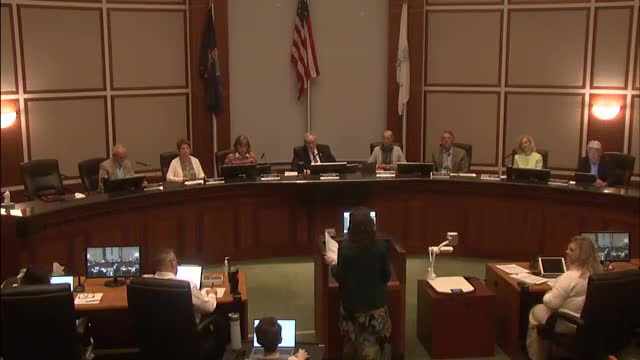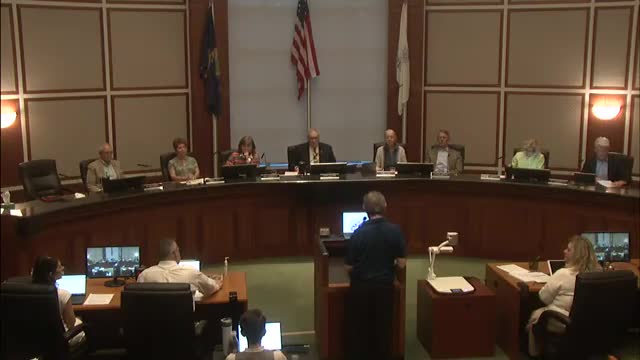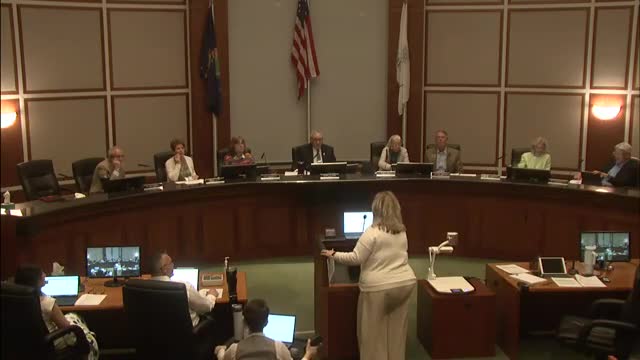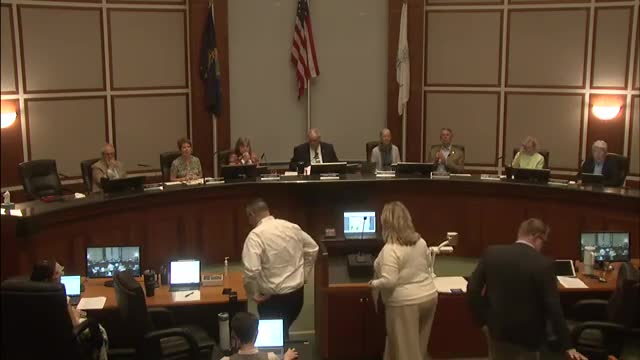Article not found
This article is no longer available. But don't worry—we've gathered other articles that discuss the same topic.

Council conditionally approves renaming City Hall courtyard to Leawood Veterans Memorial Plaza

Leawood resident urges audit of Troon golf contract, cites missing liquor and revenue detail

Leawood delays decision on 96th & Lee park master plan; council asks for costs, more board input

